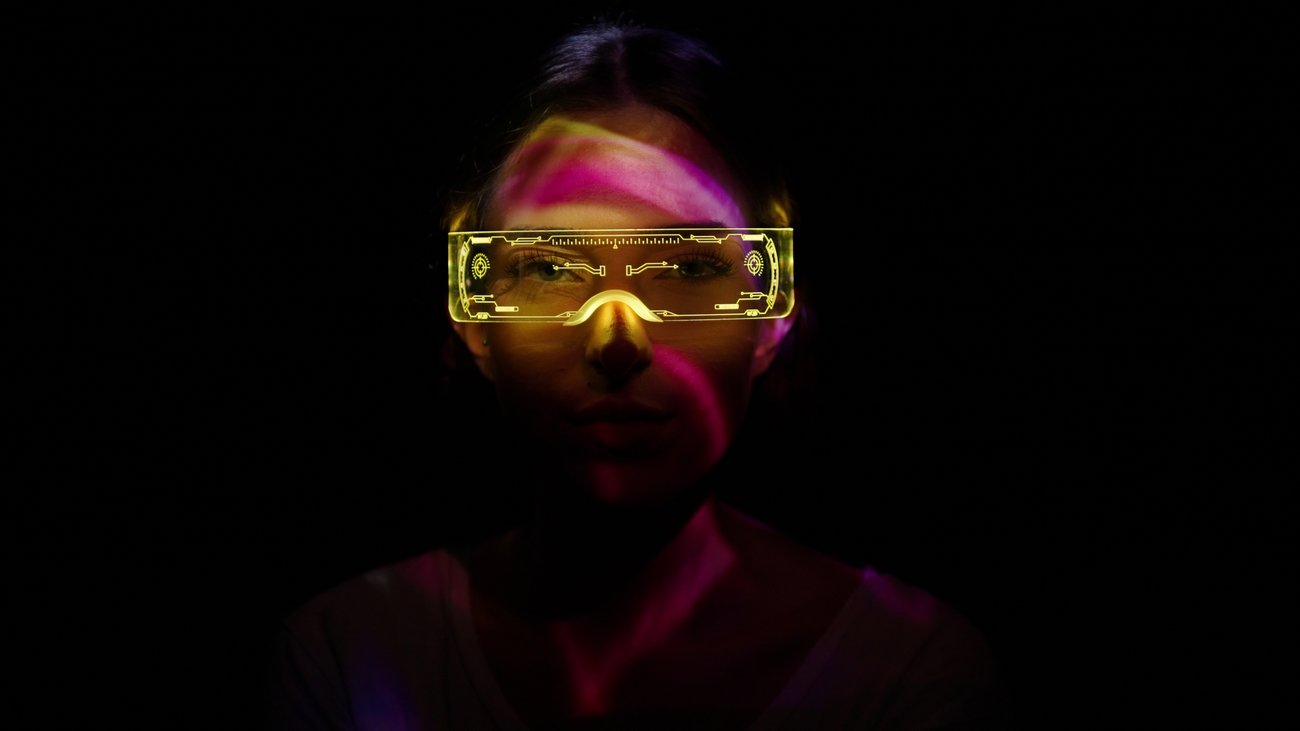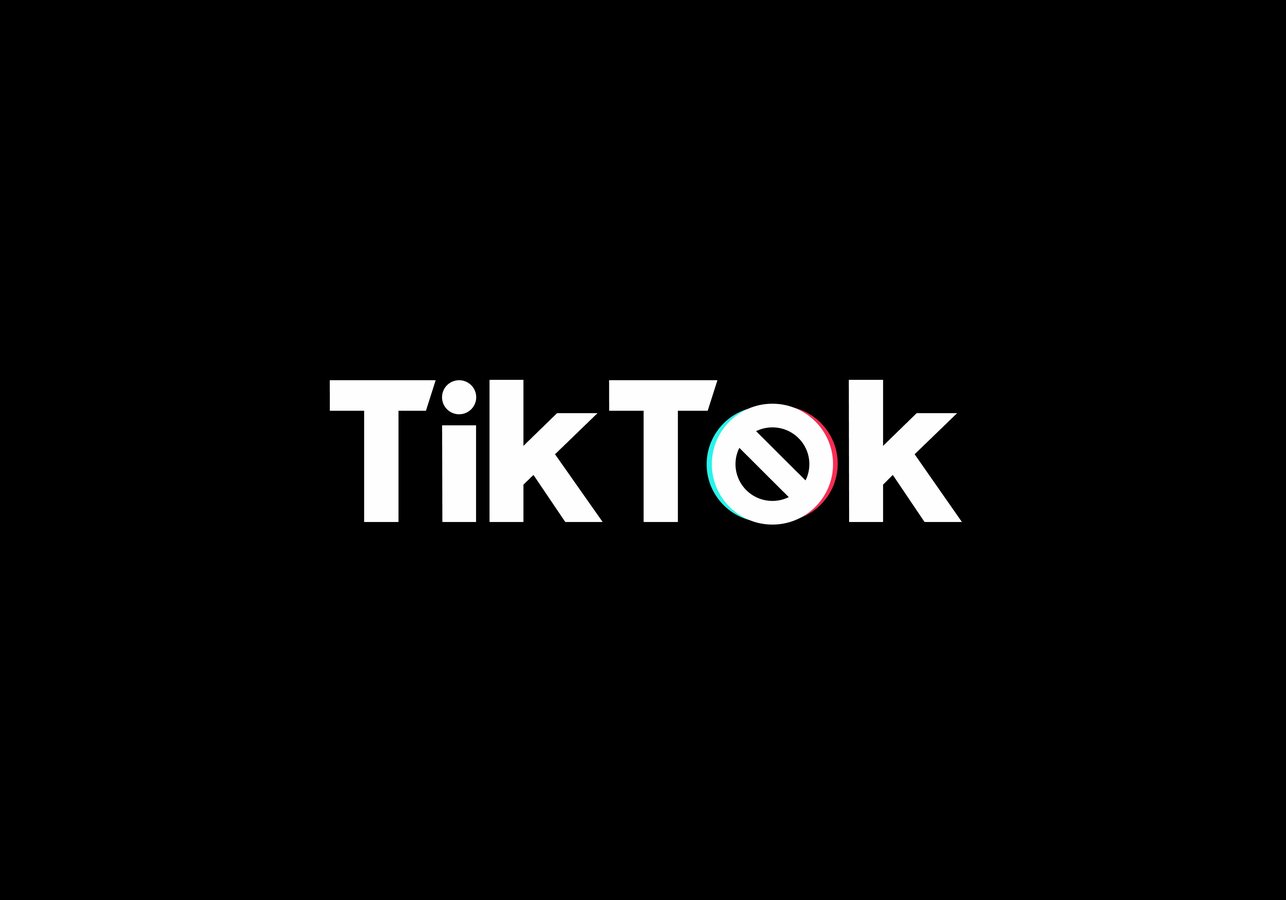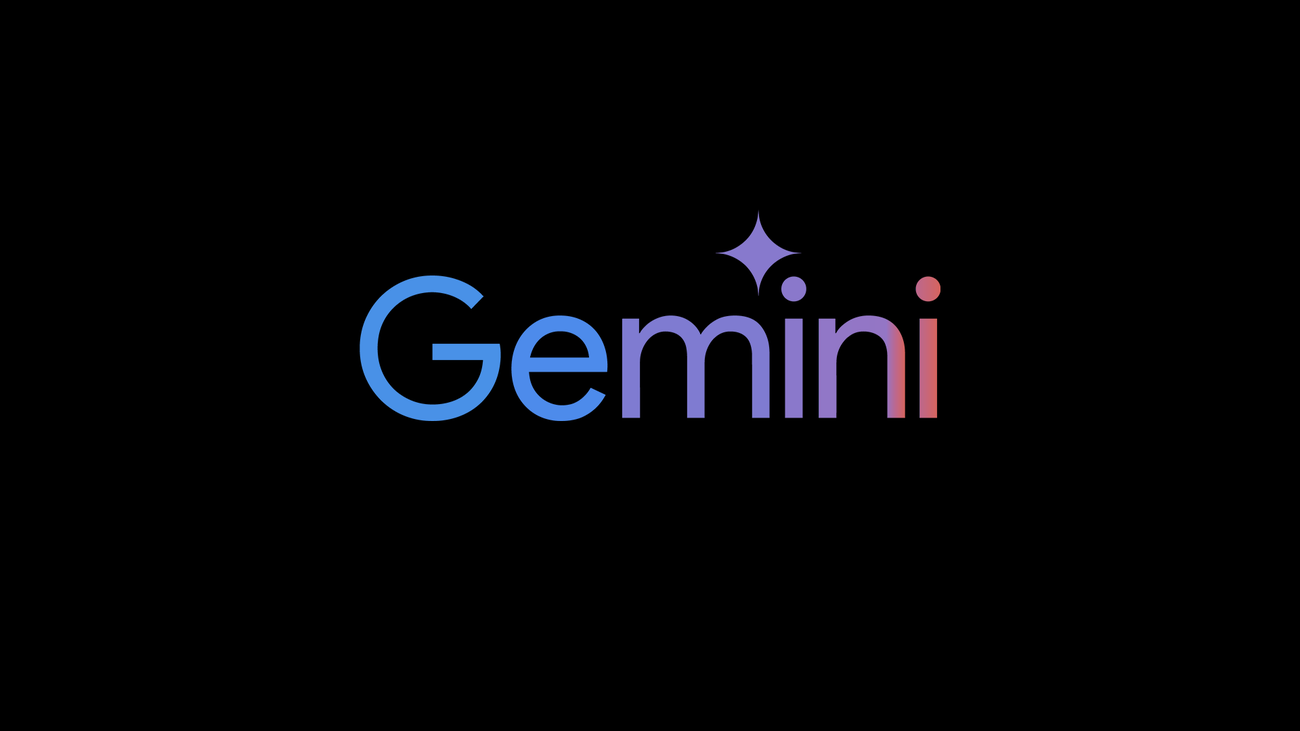Understanding the Metaverse and its Impact on the Future of Digital Marketing
See how brands are successfully leveraging the Metaverse to grow awareness.

The metaverse – it’s a virtual environment that is vast, mysterious, and rapidly expanding. Right now, the term seems to be everywhere. Facebook has even transformed its name to ‘Meta’, reflecting its desire to build a next-generation internet based on augmented and virtual reality. Yet so much is yet known of the potential regarding this digital landscape. However, it does appear that we are no longer just one-dimensional spectators of the digital age, but in fact we’re active participants inside the virtual domain.
Think of the movie, “The Matrix", where the protagonist (Keanu Reeves, aka ‘Neo’) chooses either a red or blue pill to enter into a ‘new’ dimension. To enter the metaverse, it’s more like throwing on a VR headset and switching into our personal avatar to shop or be at a fashion show in Paris. Cool, right?
So, what does this mean for the future of digital marketing? How do brands utilize this metaverse space? First, let’s define the ‘metaverse’ and see what technologies make up this virtual landscape.
What is the Metaverse?
Good question! The word ‘metaverse’ goes back 30 years, before the internet played an integral role in our everyday lives. It describes a fully realized digital world that exists beyond the one in which we live. Coined by Neal Stephenson in his 1992 novel “Snow Crash”, the idea was further developed by writer Ernest Cline in the novel “Ready Player One”. Simply put, the metaverse is any digital experience on the internet that is virtual, immersive, in real-time, three-dimensional, and not happening in the physical world.
For years, digital experts have predicted an era when our virtual lives play as important a role as our physical realities, spending lots of time interacting with our friends and colleagues in virtual space. This metaverse also translates to a digital economy, where users can create, buy, and sell goods.
The technologies that make up the metaverse include virtual reality (VR), artificial intelligence (AI), as well as augmented reality (AR), combining aspects of the digital and physical worlds. Oculus, a company owned by Facebook, is a leader in virtual reality technology…developing VR headsets and equipment for millions around the world. This year, experts predict that 58.9 million and 93.3 million people in the United States alone will use VR and AR respectively at least once a month.
Many entertainment and gaming companies are already shaping the virtual landscape. Games such as Fortnite have normalized playing and socializing with people in virtual settings. Newer platforms, such as Roblox and Decentraland, allow people to create virtual structures and play across immersive worlds. Nike is also looking into the metaverse, filing for patents for virtual products and looking to build virtual retail stores to sell their clothing and other goods.
What Does the Metaverse Mean for Marketing?
The metaverse is shaping to be a total game changer for marketers. Brands will need to keep up to speed with the latest technological developments and advancements. Millennials and Gen Zers are already avid users of some form of the metaverse, such as games and technologies like virtual reality. Eventually, more consumers will utilize such technologies and will expect brands to provide VR experiences to fulfill their shopping, buying, and entertainment needs. As with any marketing platform, it’s important for each brand to find its place and balance the risk-reward equation. It’s smart for brands to be in a test-and-learn mode. The metaverse is the next iteration of how people connect, communicate, and transact — sitting on the sidelines is not likely to be an option. It’s time for brands to adapt to this new marketing world.
Digital Marketing in the Metaverse
The metaverse allows brands to market products and provide experiences in a way that would be impossible in the real world. For example, legendary skateboard brand Vans created a virtual skatepark allowing players to earn points to be redeemed for products at a virtual store. Gucci opened a virtual experience of the Gucci Garden in Florence, Italy and released a pair of digital sneakers that can be worn in apps like Roblox. These are examples of how brands can effectively engage with more people in the metaverse.
Influencer marketing will also play a major role in the metaverse, allowing people to interact with celebrities through avatars, holograms, or digital campfires. Many brands are increasing influencer marketing spending in 2022, and some of that is expected to be spent on virtual influencers.
How Brands Can Leverage the Metaverse
Both community building and social commerce are major parts of the metaverse, and they represent a big opportunity for marketers. Brands can build engaging communities that provide a place for customers to participate virtually with both the brand and other followers.
It’s important to take your audience to a place they’ve never been before. Offer virtual advertising – transition from working off in real-world outdoor advertising to placing ads on virtual billboards. The metaverse is experiential, so offer branded events that create a unique interaction with your audience. Lil Nas' X concert in Roblox and the Gucci Garden experience are great examples.
Last year, approximately $100 billion was spent on virtual goods through gaming platforms. Over the next few years, this number will undoubtedly continue to rise. From online avatars to virtual versions of your brand goods, the metaverse is a powerful platform you should leverage to help sell your products.
Just put on your Oculus headset and take a 3-D tour! Virtual showrooms provide a more in-depth way for customers to check out the products they want to buy. Whether it’s furniture or a stroll down the catwalk, virtual showrooms contribute to overall customer satisfaction, reduce the number of product returns, and provide a truly unforgettable shopping experience.
Both engaging and effective, virtual product customization is a great way to connect customers with your products or services. Live demos allow users to customize products to their own unique specifications, such as cars or shoes. People can interact with your brand in real-time to see if your product truly fits their needs, style, and expectations.
There’s no doubt about it -the future is in the metaverse! There’s a reason why Facebook, Google, and the rest of Silicon Valley are betting on the metaverse to be the internet’s next generation. The metaverse will create a promising future for all, offering plenty of room for innovations for marketers and brands to thrive. The technology has only just begun and the possibilities are endless. A new world of opportunity for marketers to be experimental, immersive, and innovative is ready to be explored.





